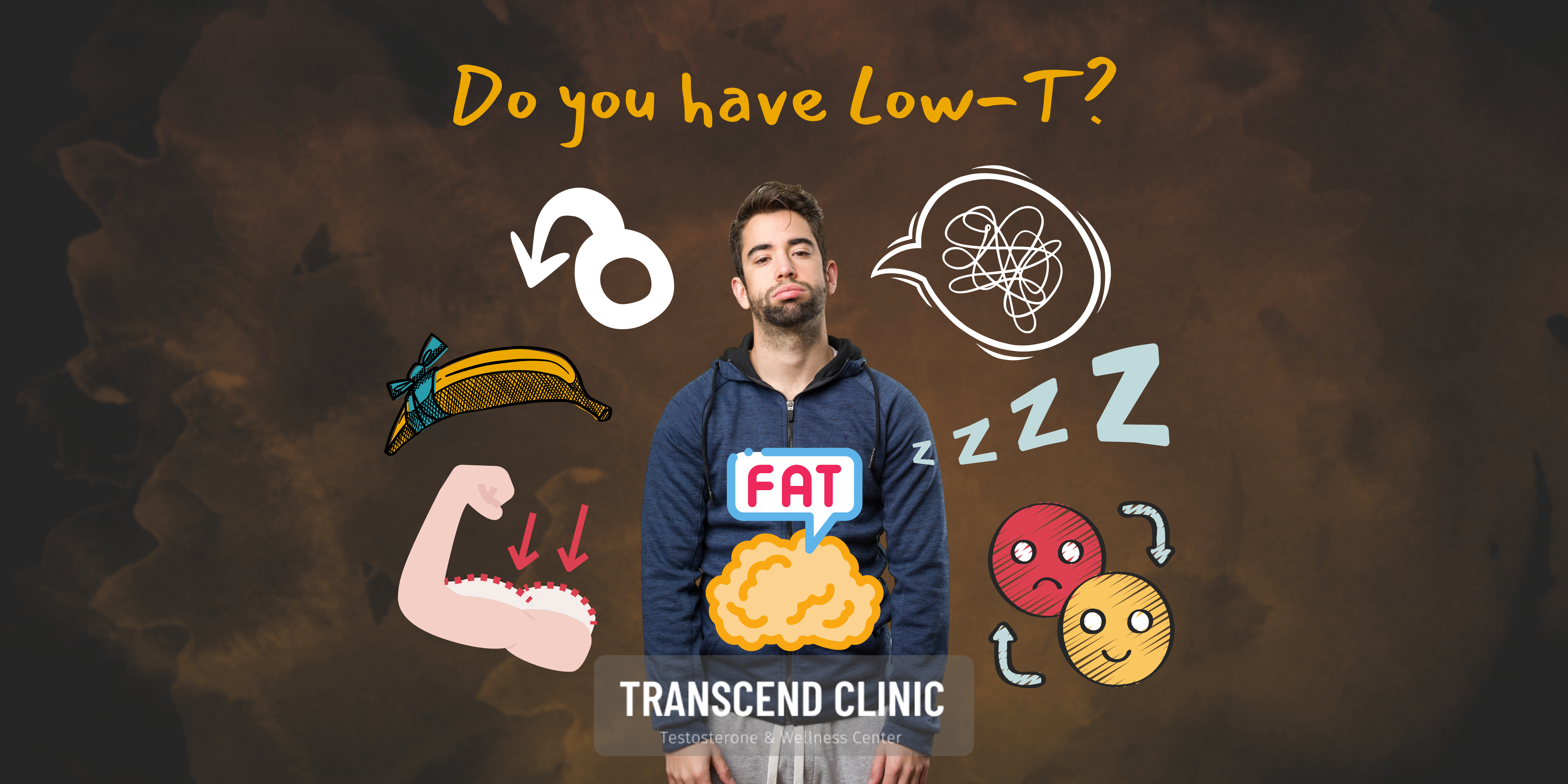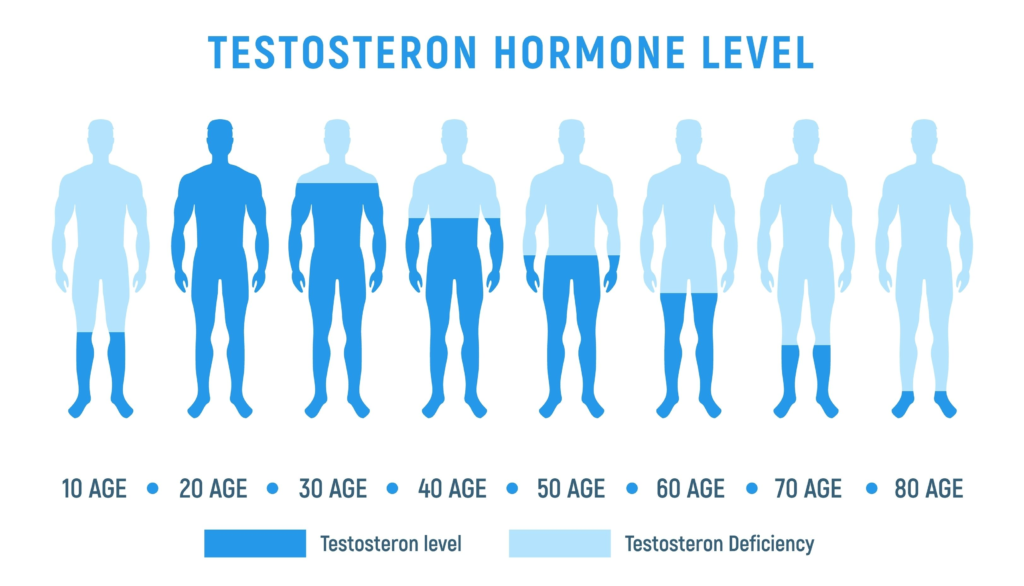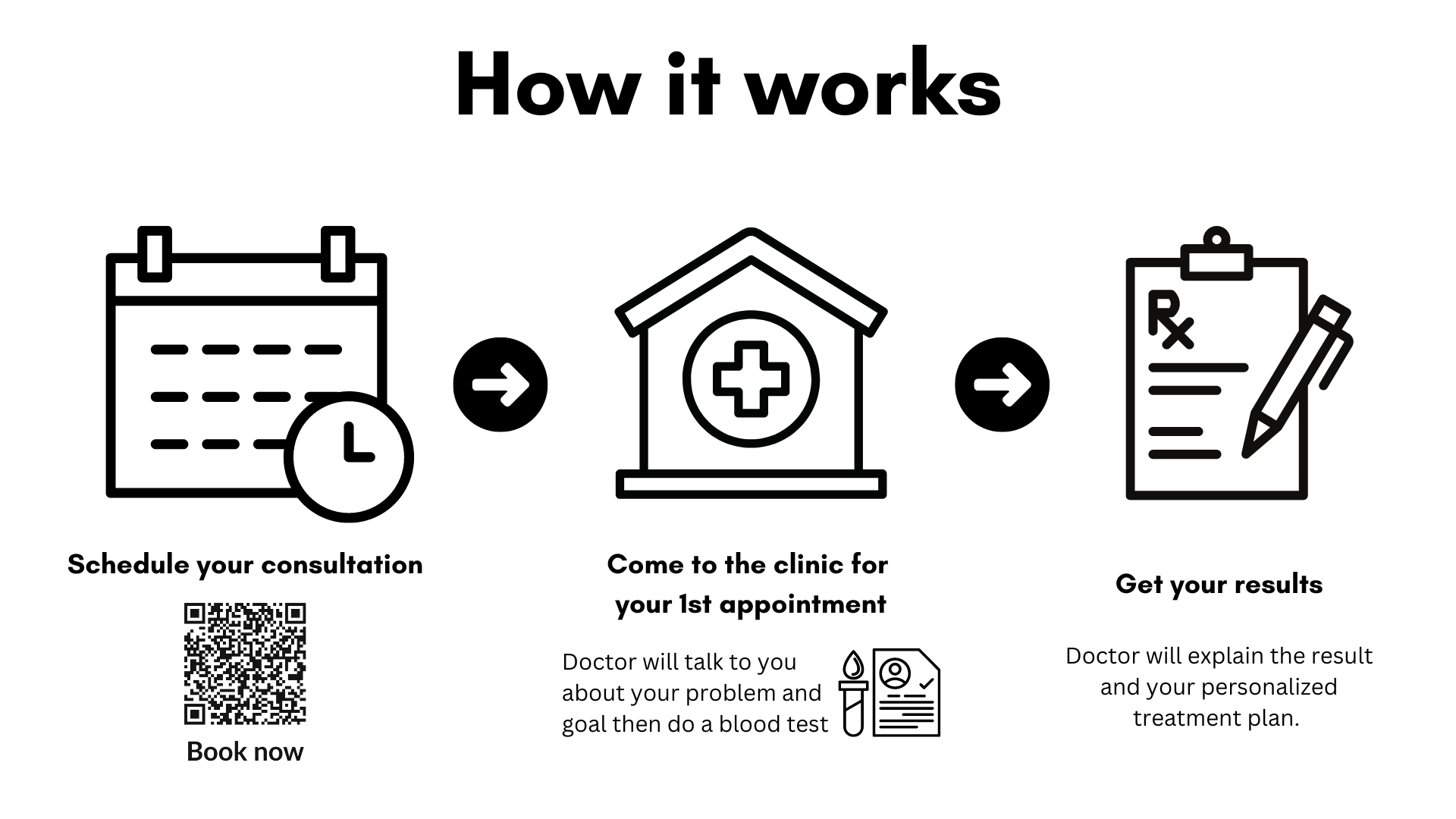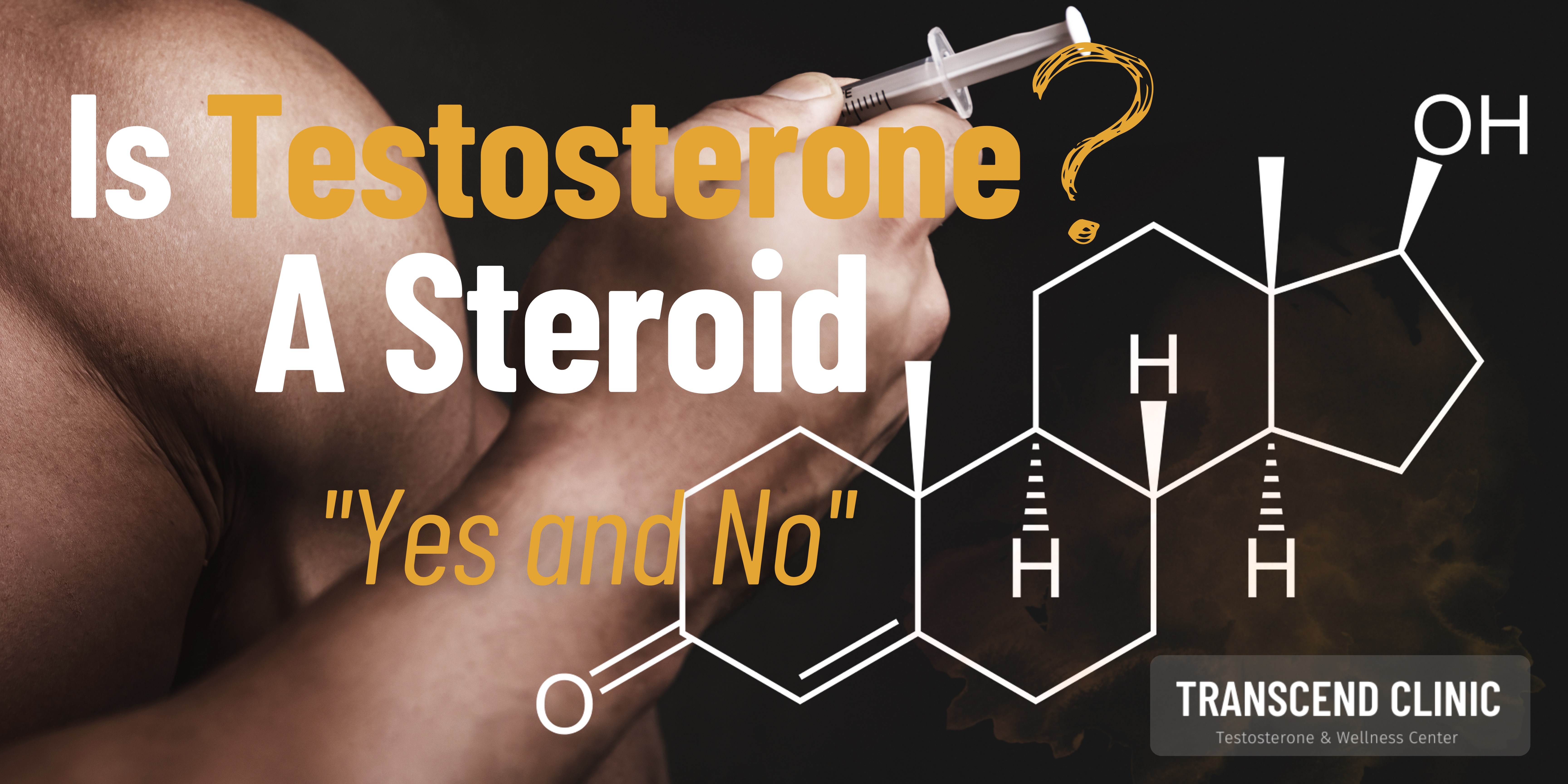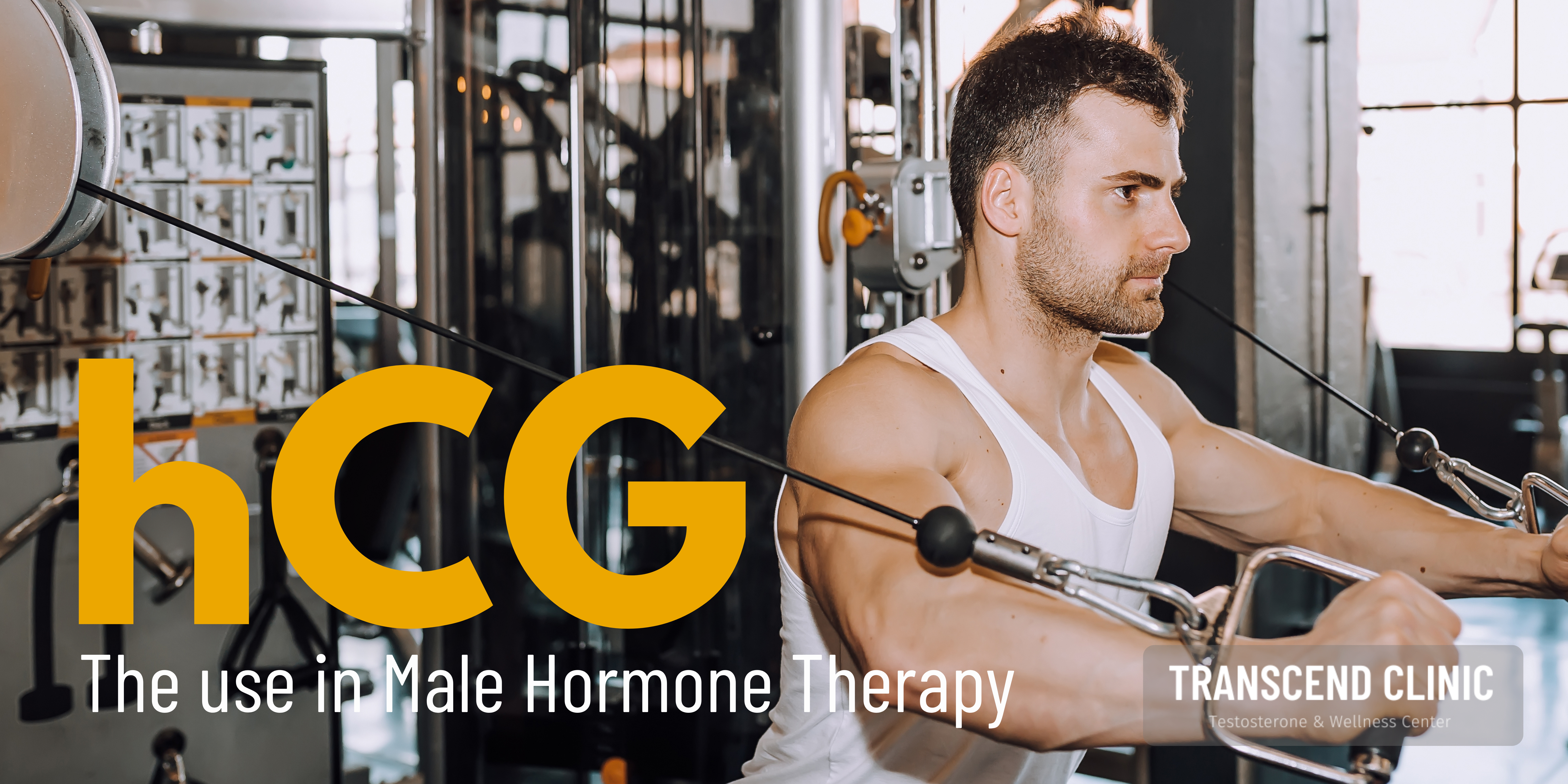Recognizing the Signs and Symptoms of Low Testosterone (Low T)
There are various signs and symptoms associated with Low Testosterone, some strongly suggesting the condition while others not necessarily linked to it.
• Diminished Sex Drive (Libido)
A reduced libido is a common indicator of low T. Although men may experience a decline in sex drive as they age, those with low T may face a more significant decrease in sexual desire and interest.
• Erectile Dysfunction
Testosterone triggers the process leading to an erection. Low testosterone levels can make it challenging to achieve erections before sex or experience spontaneous erections during sleep. If you’re experiencing other symptoms on this list, it’s worth investigating low testosterone alongside other potential health conditions.
• Hair Loss
Testosterone converts to DHT, stimulating facial and body hair growth. Men with low T may notice hair loss or receding facial, axillary, and pubic hair.
• Reduced Muscle Mass
Although testosterone doesn’t directly affect muscle function and strength, it’s essential for building and maintaining muscle mass. Men with low T may experience progressive muscle mass loss, leading to decreased endurance and overall strength.
• Increased Body Fat and Weight Gain
Testosterone helps regulate fat metabolism, exerting catabolic effects on adipose tissue and stimulating the metabolic rate. Men with low T tend to have higher body fat and appear overweight.
• Low Ejaculate Volume
Reduced testosterone levels can also lead to decreased semen volume and sperm count, as it is vital for normal sperm production.
• Fatigue and Loss of Energy
Chronic fatigue is a common nonspecific sign of low T. If you struggle to stay motivated or feel tired despite adequate sleep, low testosterone might be the cause, especially if you’re experiencing other symptoms on this list.
• Mood Swings and Irritability
Low testosterone levels may cause mood swings and impact mental capabilities. As testosterone affects various bodily functions, its decline may alter men’s moods as they age.
• Poor Concentration and Memory (Brain Fog)
Cognitive issues are common in men with low T. Decreased testosterone levels in older men are linked to cognitive decline, including brain fog, reduced memory, and difficulty concentrating.
• Depression and Anxiety
Studies have shown that men with low T are more likely to experience depression and anxiety than those with normal testosterone levels. Low-T can negatively impact GABA and serotonin receptors in the brain, inducing symptoms of depression and anxiety.
